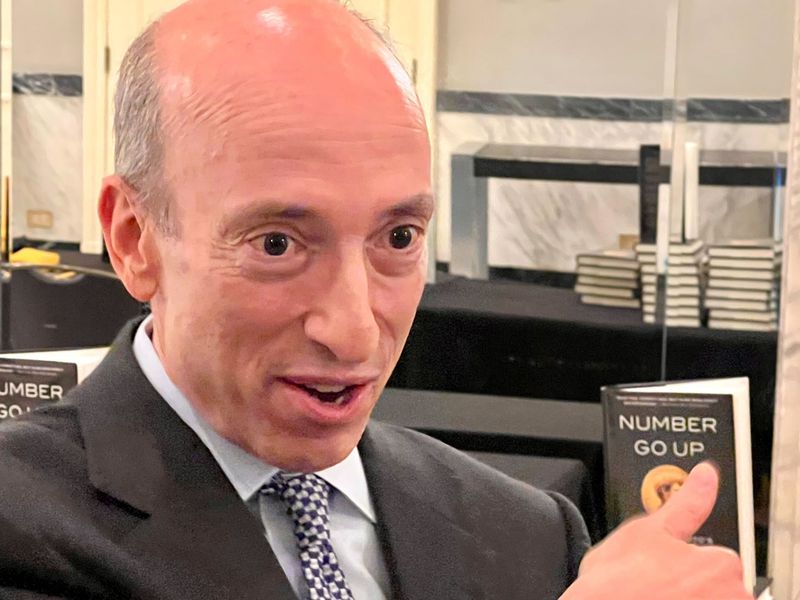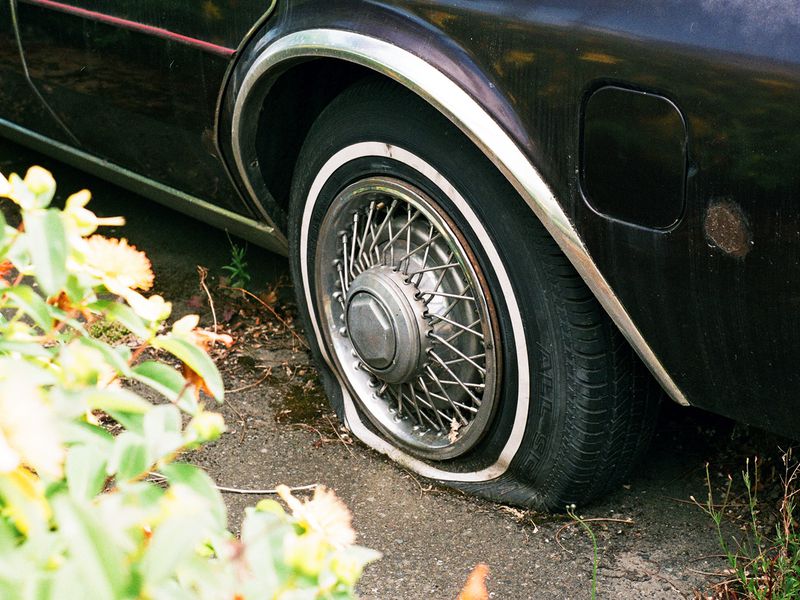Russia’s Crypto Community Fears Digital Ruble Plan Means ‘Back to USSR’
Russia’s Crypto Community Fears Digital Ruble Plan Means ‘Back to USSR’
Russian cryptocurrency and blockchain association (RAKIB) warned the country’s central bank against making its future CBDC too centralized.
RAKIB sent a letter to the Bank of Russia Chairwoman Elvira Nabiullina saying that the potential design for digital ruble that the regulator seems to favor, will return the Russian economy to the Soviet model, when all the financial activities were managed in a centralized way, the Russian newspaper Kommersant wrote on Friday.
RAKIB said that even the China’s DCEP model, where the banks are in charge of individual digital yuan accounts, is more market-friendly and stimulates the competition between banks. The Bank of Russia, on the contrary, seems to lean toward the model in which it will be a unique issuer of the digital rubles, with all the accounts in a centralized system, on which banks will offer products.
In such case, the retail banks will not be able to add the digital ruble accounts of their clients to the existing balance sheets, and there is a chance that retail users will flee from banks for a centralized digital ruble platform, RAKIB’s advisory board member Vladislav Martynov told Kommersant.
According to the Bank of Russia’s concept, the digital ruble will not be a replacement to bank accounts or physical cash but a third form of money in Russia, which will exist in parallel with the other two.
The letter by RAKIB echoed the sentiment expressed earlier by some of Russia’s banks and financial market players concerned that if the Bank of Russia chooses the centralized model that will put retail banks at disadvantage. They will have to compete with the regulator for clients’ deposits while also having to spend their own resources on the digital ruble integration into the economy, experts said.









